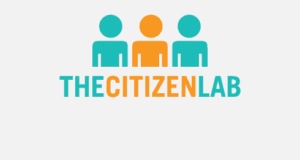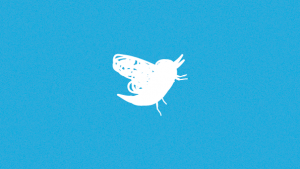News
18 June 2019 Dear Yana and Stephen Peel, We write to you in light of recent reporting indicating that you both own a stake in Novalpina Capital LLP. As Yana Peel has recently expressed that she believes criticism of NSO Group is “misinformed,” we thought it appropriate to specifically draw Ms. Peel’s attention to the […]
The Predator in your Pocket and Installing Fear investigate the stalkerware industry through two distinct lenses: the former provides an interdisciplinary scan of the stalkerware market and includes technical, marketing, and privacy policy analyses, while the latter provides a study of how stalkerware fits into the Canadian legal landscape.
Given Novalpina Capital’s recent acquisition of NSO Group and the obvious human rights concerns raised by NSO Group’s business practices, Citizen Lab’s Ronald Deibert seeks a response from the South Yorkshire Pensions Authority regarding how its investment in Novalpina is consistent with the Authority’s Policy and what measures were taken by the Authority to inform and educate pension fund contributors and members regarding NSO Group.
Dubbed Endless Mayfly, the operators spoofed legitimate news outlets and disseminated fake stories through social media accounts. Once the articles had gained traction, they were deleted and the links were redirected to the domain being impersonated. This “ephemeral disinformation” technique provided the veneer of legitimacy while obscuring the origins of the fake narratives.
A recently discovered security vulnerability on WhatsApp, currently used by over 1.5 billion people worldwide, has been found to have been exploited by NSO Group developed spyware.
Spyware developer NSO Group is usually quick to dismiss the evidence that its customers have abused its Pegasus mobile phone spyware. This pattern of denials was repeated in a recent 60 Minutes investigation, which gives a rare look into NSO Group’s management.
A recent New York Times article investigates how authoritarian states target citizens and dissidents with sophisticated spyware, developed within a secretive, multi-billion dollar industry.
The window of a murdered Mexican journalist was targeted with Pegasus, a spyware product which can secretly access the contents of a phone and turn on its camera and microphone.
Published by the Review of Policy Research, this paper by the Citizen Lab’s Ron Deibert, Joshua Oliver, and Adam Senft takes a deep dive into data provided by the circumvention tool Psiphon to reveal Iran’s increasingly sophisticated Internet blocking strategy around elections.
He provided oral comments to the committee which were, substantially, a truncated version of the brief he submitted. His oral comments are available to download, and what follows in this post is the actual brief which was submitted.



